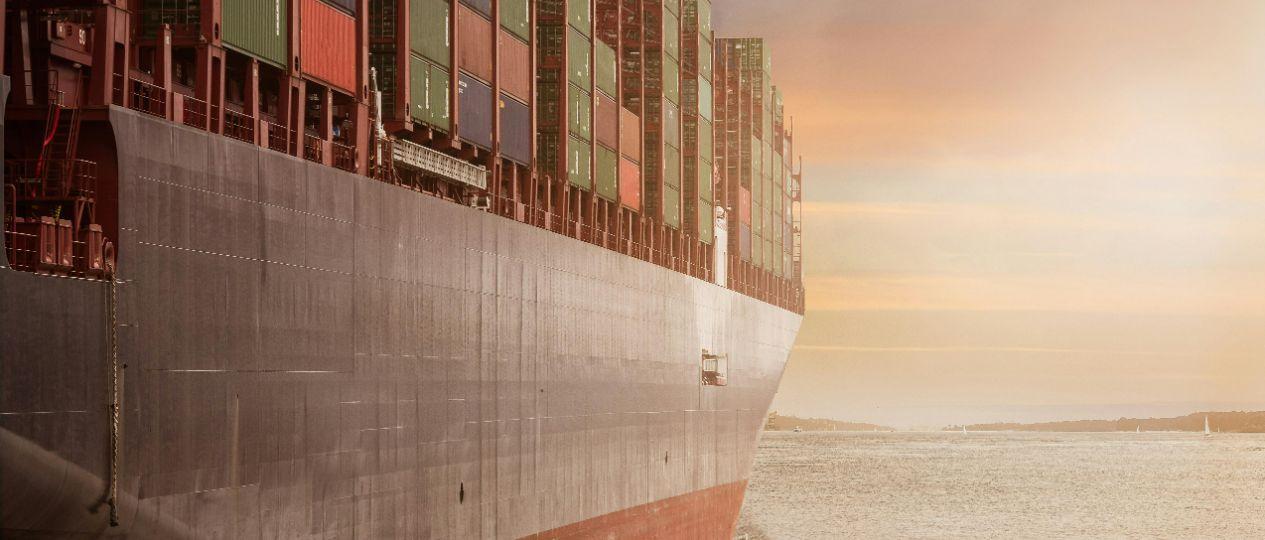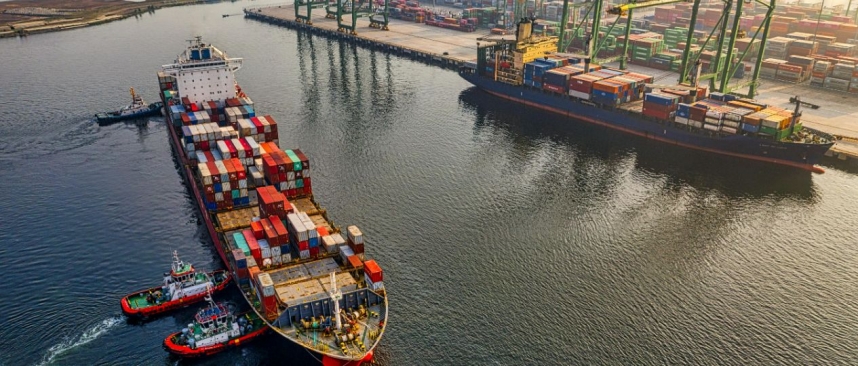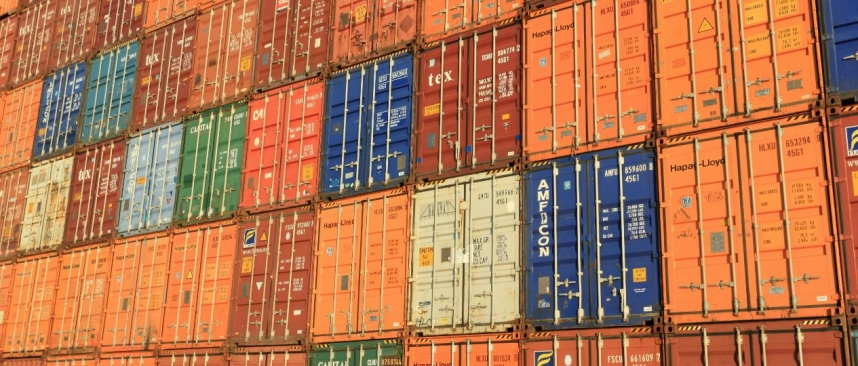How Sealogis meets the challenges within the logistics sector
In recent years, the logistics industry has faced many challenges, and even in 2024, there seems to be no end in sight. Logistics is still a price war, but one where we as freight forwarders must always consider other things than shipments from point A to point B. Economic, geopolitical and behavioral factors make for a constantly changing industry.

From the corona crisis to the wars in Ukraine and Israel to the problems in the Suez or Panama Canal. The logistics sector has been hit hard in recent years. Transporting goods from point A to point B is no longer a matter of money or speed, but also one of finding the right, safe route.
At Sealogis, we can count on a team of experts, often with decades of experience, to do this. But above all to a team that is flexible if, for example, sailing routes change again last-minute. But there are also worries for the future. Because the European logistics sector is struggling.

Making the sector more attractive
For example, there is a persistent labor shortage in the logistics sector. Our sector needs to become more attractive. There is an aging population, a lack of interest among young people in logistics careers, and increased demand for logistics services due to the boom in e-commerce. So we will have to think strategically about how we approach this if we want our European sector to continue to prosper.
One solution may be to further engage in a digital transformation. This is already underway, but there is certainly room for improvement. Companies must invest in digital solutions, such as advanced tracking systems, data analytics and automation, to optimize their operations, improve efficiency and remain competitive in the modern logistics landscape.

Obligation toward the environment
Moreover, our industry also has an obligation toward the environment, as we are responsible for a large portion of the world's carbon emissions. More than a third of the world's carbon emissions come from logistics transportation. This means that companies in our industry should proactively pursue sustainable practices to reduce their carbon footprint. Technology could be a great partner there.
We are convinced that we can meet these challenges by thinking proactively within Sealogis and maintaining a strong network with our partners. For example, our team of experts is looking into potential interruptions in supply chains on a daily basis, building their network to resolve potential interruptions quickly, and keeping up with the latest legislative changes.
Do you have questions about our services or how we deal with changes within the logistics industry? Then contact us here.



